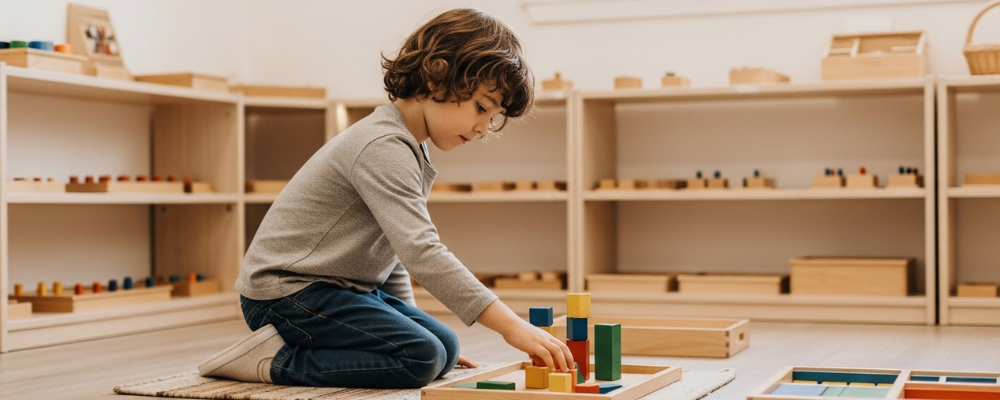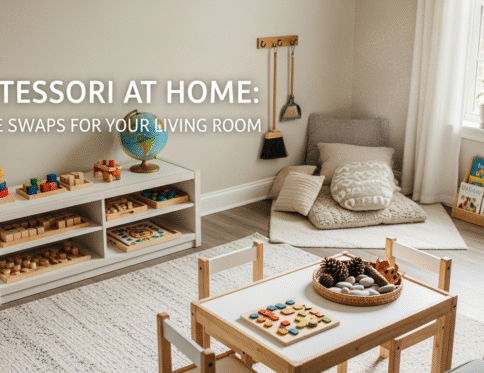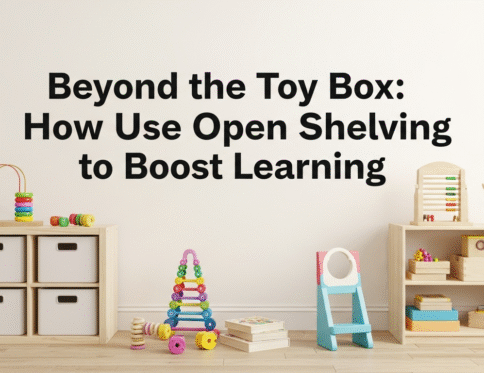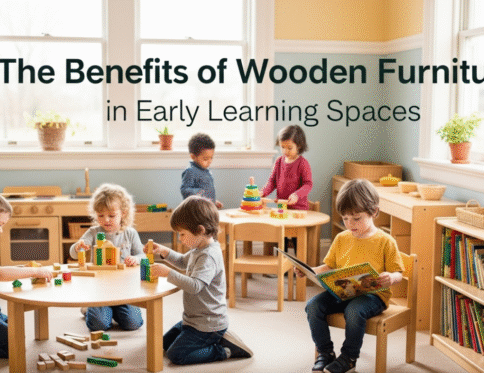In a world brimming with options, the ability to make sound decisions is a cornerstone of a successful and fulfilling life. For parents and educators, nurturing this crucial life skill from a young age is a paramount goal. This is where the Montessori method, a century-old educational approach, shines. Through its unique emphasis on freedom within limits, the Montessori environment provides a fertile ground for children to develop and refine their decision-making skills, fostering a sense of independence and confidence that lasts a lifetime.
At the heart of the Montessori philosophy lies a deep respect for the child as an individual. Unlike traditional educational models where the teacher often dictates the learning path, the Montessori classroom is a prepared environment meticulously designed to empower children. Here, the power of choice is not a mere buzzword; it is the very engine of learning and development.
The Prepared Environment: A World of Purposeful Choices
A key element in fostering decision-making skills is the prepared environment. Every material, every piece of furniture, and every activity in a Montessori classroom has a specific purpose and is arranged in an orderly and accessible manner. This structure, far from being restrictive, provides a framework within which children can freely explore their interests. From choosing which sensorial material to engage with to deciding the order of their tasks, children are constantly making choices that have a direct impact on their learning journey. This constant practice in a safe and supportive setting builds their capacity to weigh options, anticipate outcomes, and take ownership of their actions.
Freedom Within Limits: Cultivating Responsible Decision-Makers
The concept of freedom within limits is fundamental to the Montessori approach. Children are not given free rein to do as they please without any guidance. Instead, they are offered a range of age-appropriate and developmentally suitable choices. For instance, a child might choose to work on a puzzle, practice pouring water, or engage in a language activity. The “limits” are the ground rules of the classroom – respecting others, returning materials to their proper place, and completing a chosen task. This framework teaches children that their choices have consequences and that freedom comes with responsibility. They learn to consider the needs of the community and to make decisions that are not only personally fulfilling but also contribute to a harmonious environment.
The Teacher as a Guide: Fostering Intrinsic Motivation
In a Montessori classroom, the teacher acts as a guide rather than a director. Their role is to observe each child’s individual needs and interests and to present them with appropriate challenges. By stepping back and allowing children to make their own discoveries, the teacher fosters intrinsic motivation. When a child chooses an activity because they are genuinely curious, the learning that occurs is deeper and more meaningful. This self-directed learning not only enhances cognitive development but also builds a strong sense of self-efficacy. Children learn to trust their own judgment and to see themselves as capable and competent learners.
The Long-Term Benefits of Nurturing Decision-Making Skills
The emphasis on choice and decision-making in a Montessori education has far-reaching benefits that extend well beyond the classroom walls. Children who are given the opportunity to make their own decisions from an early age are more likely to become:
- Confident Individuals: They have a strong sense of self and believe in their ability to navigate the world.
- Critical Thinkers: They are adept at analyzing situations, considering different perspectives, and making informed judgments.
- Problem-Solvers: They are resilient and resourceful, able to find creative solutions to challenges.
- Independent Learners: They have a lifelong love of learning and are motivated to seek out new knowledge and experiences.
In conclusion, the Montessori method provides a powerful framework for fostering decision-making skills in children. By offering a prepared environment, embracing freedom within limits, and positioning the teacher as a guide, this educational approach empowers children to become confident, independent, and responsible individuals who are well-equipped to make thoughtful choices throughout their lives.
Disclaimer: This post is for informational purposes only.






